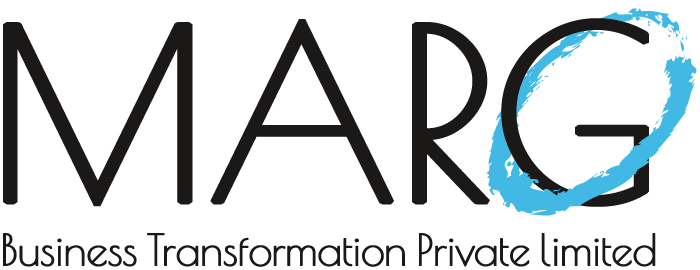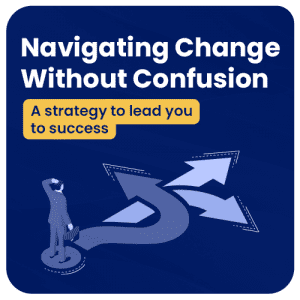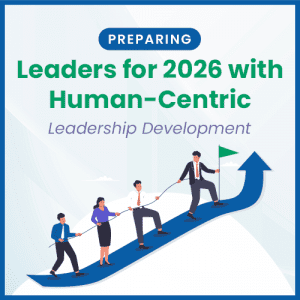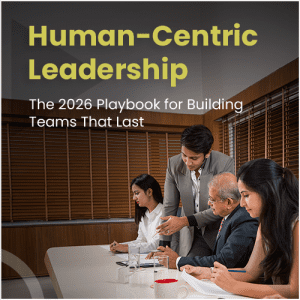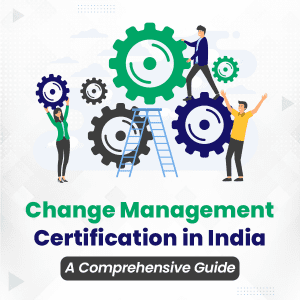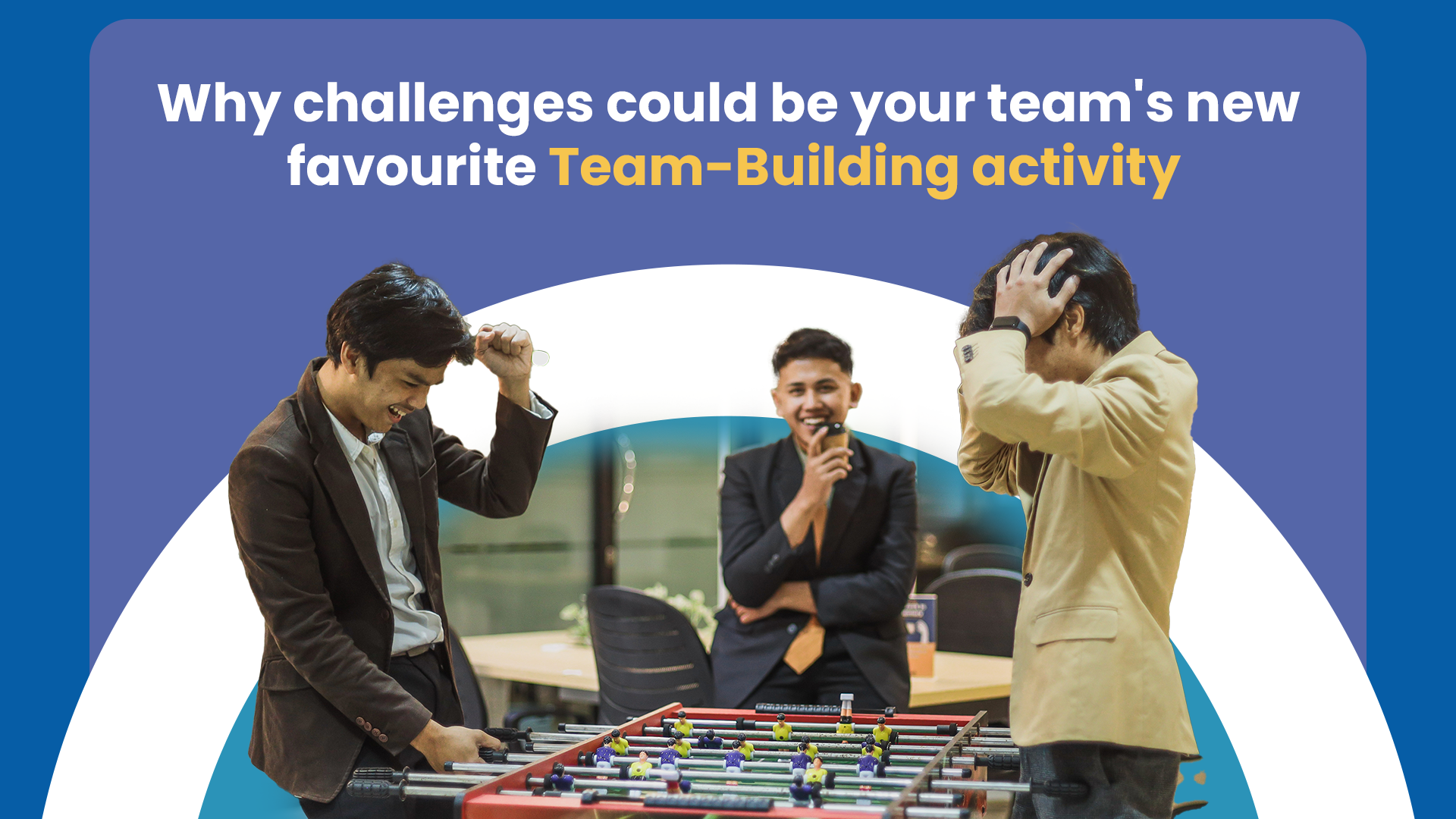
Why Embracing Challenges Could Be Your Team’s Best Growth Strategy
As children, we often learned to avoid mistakes. As professionals, many of us still carry the pressure to get everything right the first time. But what if challenges weren’t something to fear or fix—but rather, a force that builds stronger, more connected, and innovative teams?
At MARG, we’ve seen firsthand how shifting mindsets around “failure” can unlock performance. Especially when powered by frameworks like Emergenetics, challenges transform from roadblocks into stepping stones for personal and collective growth.
Rethinking the Role of Challenges in Team Building
In high-performing workplaces, mistakes are no longer taboo—they’re teachable moments. Yet in many organisational cultures, challenges are still viewed as weaknesses or indicators of incompetence. This leads to fear-based decision-making, low psychological safety, and missed innovation.
The truth? Teams that embrace challenges together become more resilient, agile, and aligned. According to Emergenetics Profiles, every team member brings a unique cognitive and behavioural lens. When these differences are acknowledged, respected, and harnessed during tough moments, teams evolve with deeper empathy and trust.
Let’s explore how embracing challenges can become your team’s favourite activity—and a culture-shaping tool.
1. Reframe the Conversation
The first step is changing how we talk about setbacks. Instead of “failures,” refer to them as “missteps,” “experiments,” or simply “challenges.” Words matter—they influence mindset. Using constructive language signals that it’s safe to try, learn, and grow.
This shift mirrors the Emergenetics principle of leveraging strengths and differences. For instance, an analytical thinker may need data to reflect, while a social thinker may prefer a group dialogue. The key is to validate every style during the learning process.
Try this: In your next team meeting, invite members to share a recent challenge and what it taught them. Normalise reflection and celebrate progress—not just outcomes.
2. Build Psychological Safety Through Shared Stories
Leaders play a crucial role in setting the tone. By openly sharing their own leadership challenges, they model vulnerability and resilience. It tells the team: “You don’t have to be perfect—you just have to be present and willing to grow.”
We recommend integrating Emergenetics Profiles into this process. Knowing each other’s preferred thinking and behaviour styles enables more meaningful conversations and feedback. When team members understand how their peers respond to pressure or risk, they’re more likely to offer grace—and receive it too.
3. Define Risk—Then Encourage It
Innovation doesn’t happen without healthy risk-taking. But what does “acceptable risk” mean in your organisation? Define it clearly. Align risk tolerance with values, KPIs, and culture.
Then, celebrate thoughtful attempts—regardless of outcome. This practice strengthens what Emergenetics calls a “growth mindset environment,” where individuals feel empowered to push limits without fearing backlash.
Activity idea: Host a quarterly “Challenge Celebration” session where teams reflect on obstacles they faced, decisions they made, and lessons learned. Keep it light, real, and rewarding.
4. Use Challenges to Deepen Collaboration
Adversity often reveals what teamwork truly looks like. When something goes wrong, do your people isolate—or do they rally? Do they blame—or problem-solve?
Emergenetics Profiles can act as a diagnostic and development tool here. By analysing how individuals process information and interact, teams can design better ways to communicate, debrief, and align—even under pressure.
This creates space not just for recovery, but for reinvention.
5. Practice Feedback with Purpose
Feedback is one of the most underused tools in team growth—especially during tough moments. Many employees associate it with judgment rather than support.
With Emergenetics, leaders can tailor how they deliver feedback based on each individual’s profile. Some prefer direct clarity; others need time to digest and reflect. Either way, feedback should be positioned as an investment in potential—not a critique of character.
Challenges Are Catalysts – If You Let Them Be
Let’s be honest—no one likes hitting roadblocks. But when teams learn to see challenges as part of the journey, not detours from it, something powerful happens. They move faster, collaborate deeper, and show up stronger.
At MARG, we use Emergenetics to help organisations transform their mindset around performance. Because when you understand how your people think, communicate, and grow—you don’t just manage setbacks. You evolve from them.
? Ready to turn challenges into a competitive advantage? Let’s talk about how MARG and Emergenetics Profiles can transform your team’s culture.
